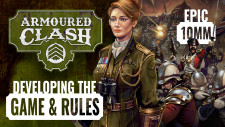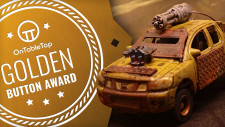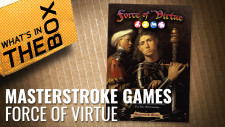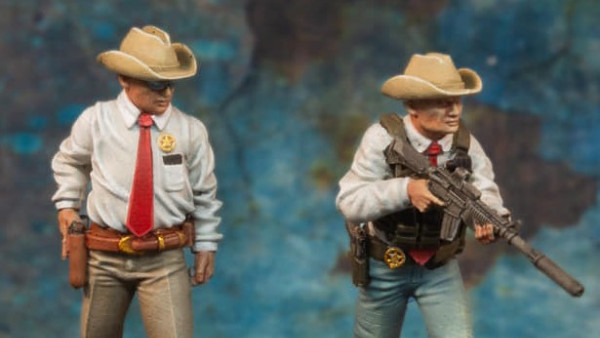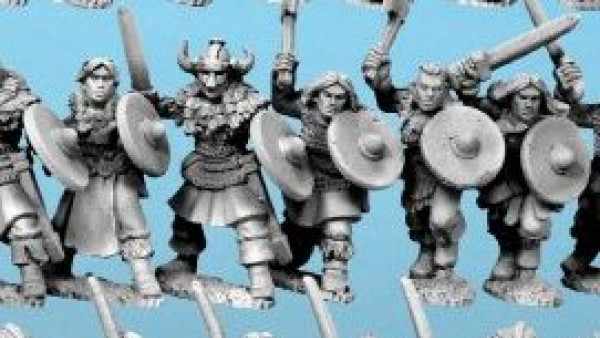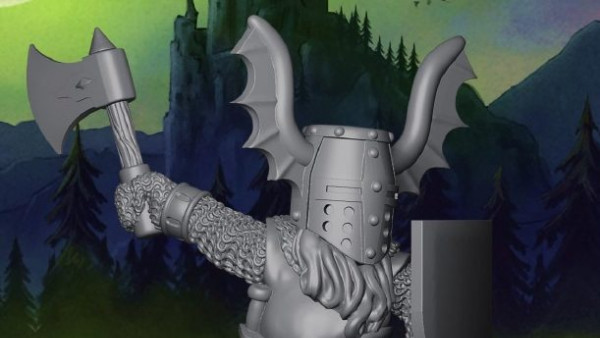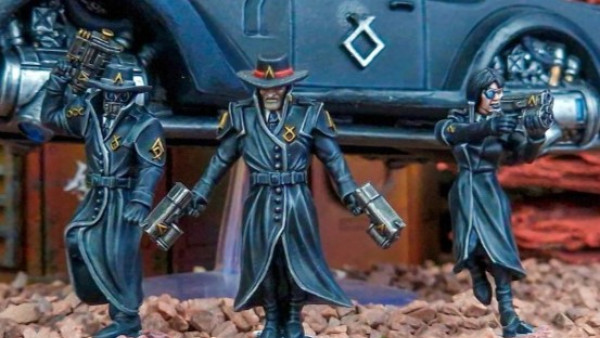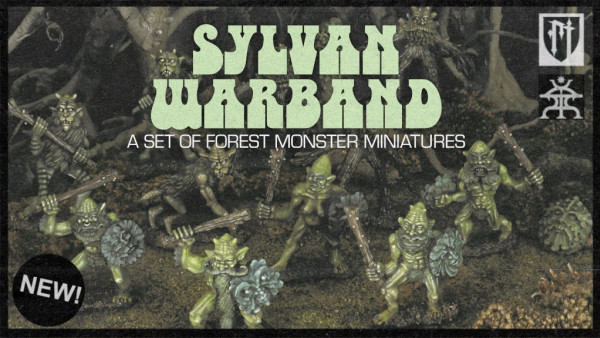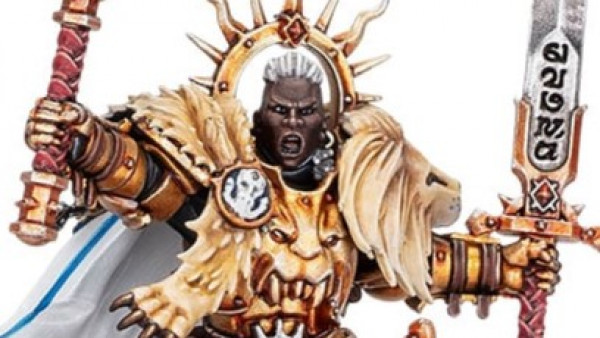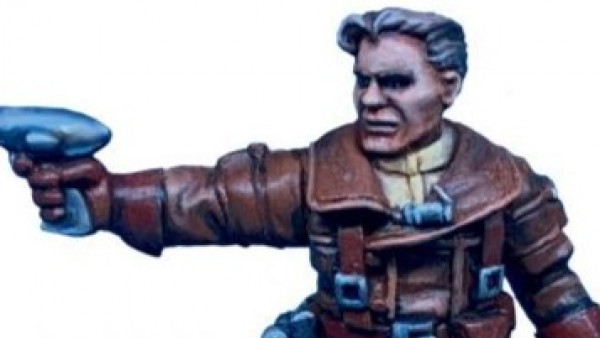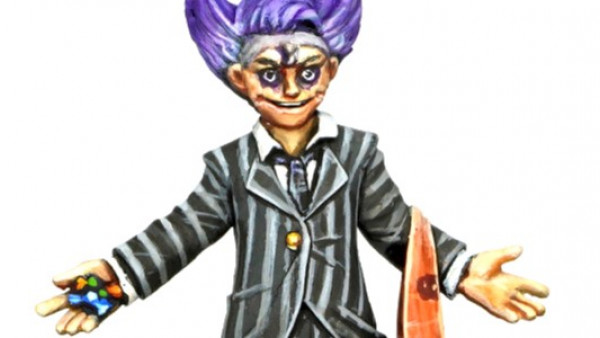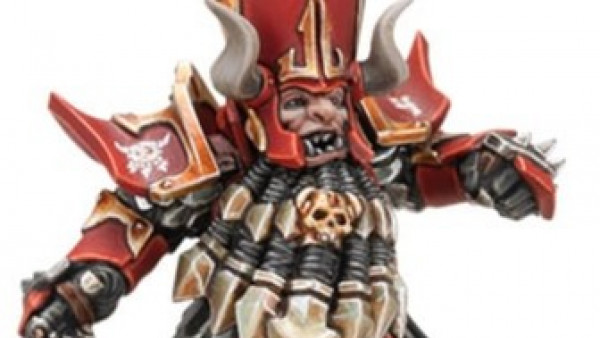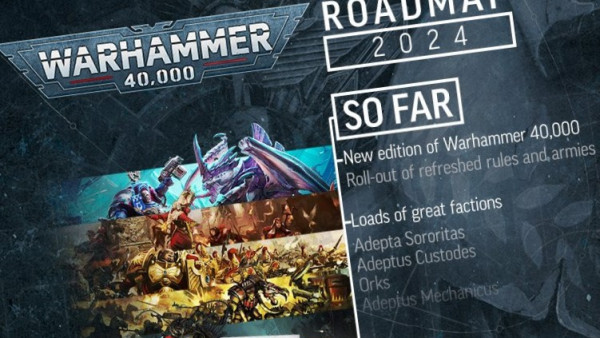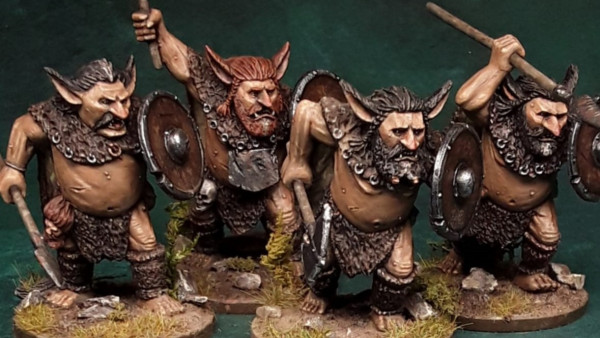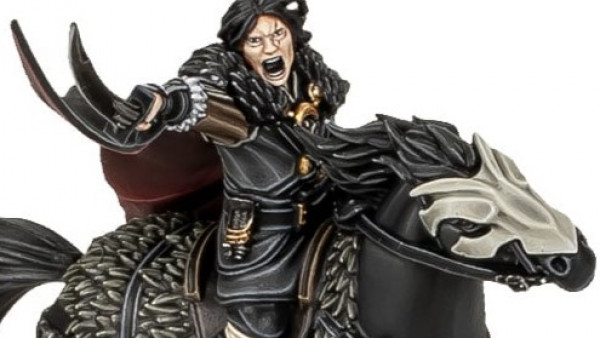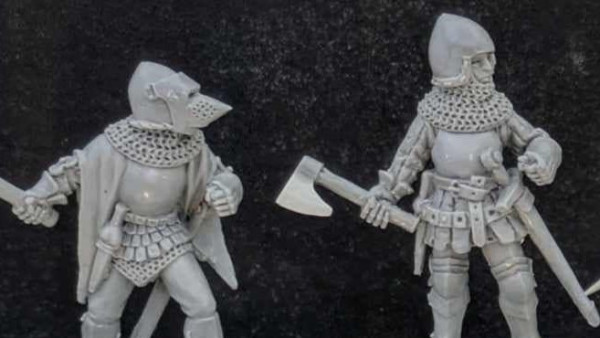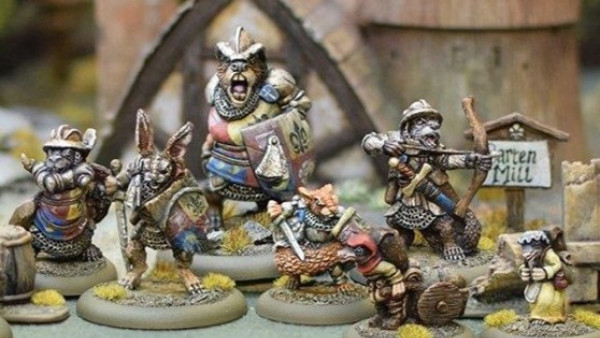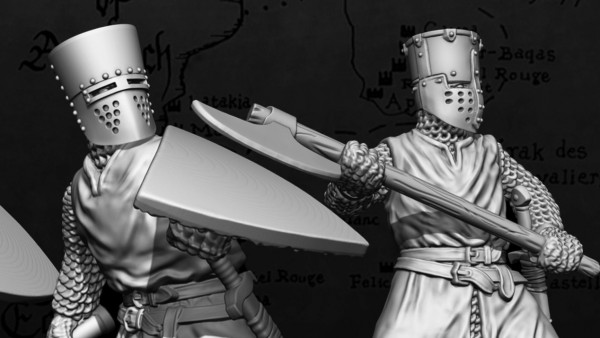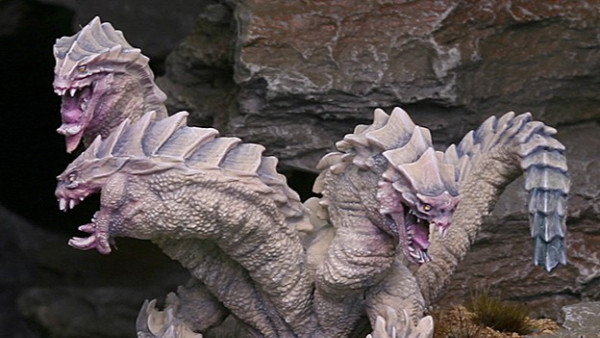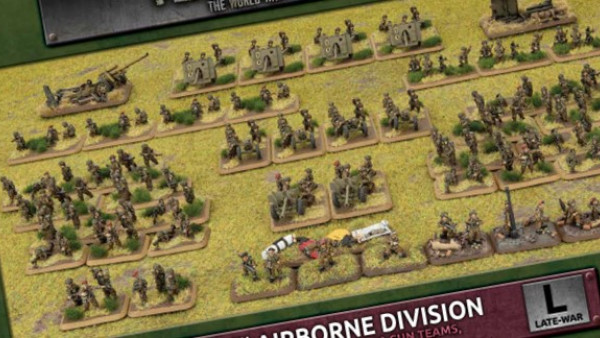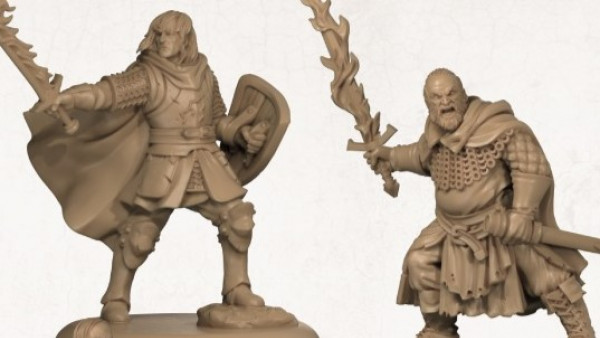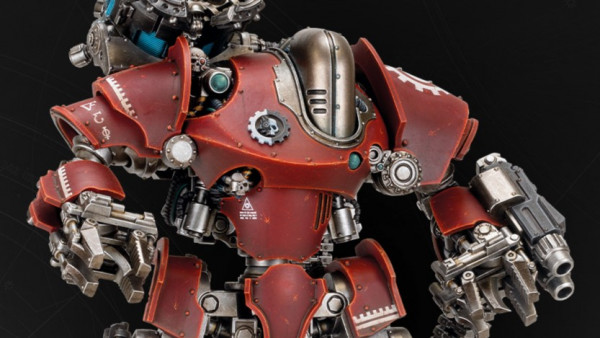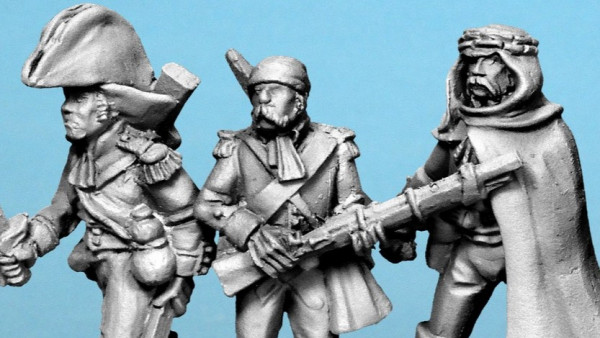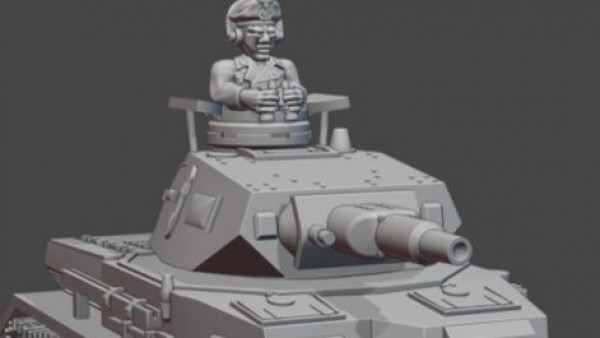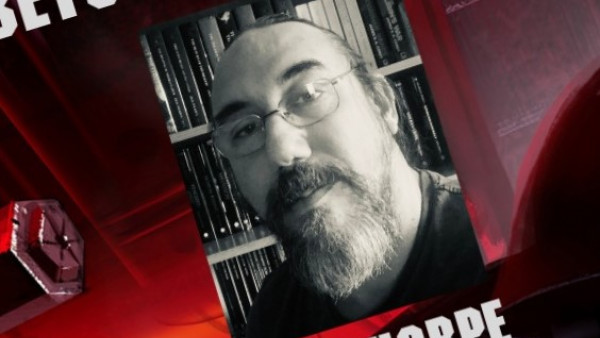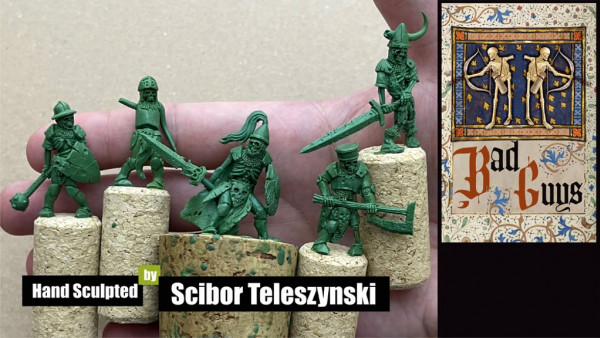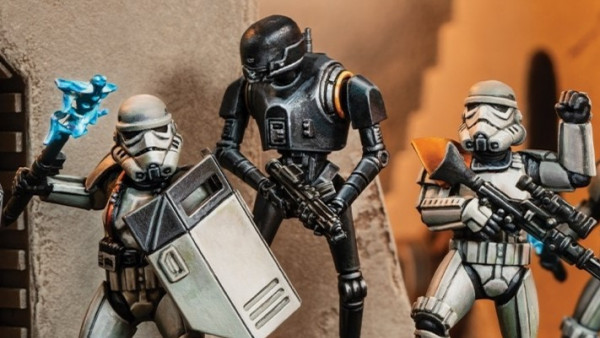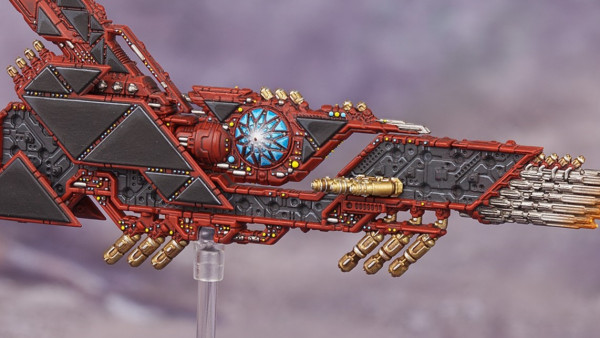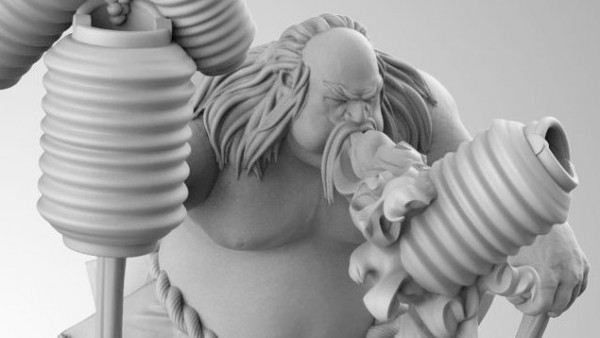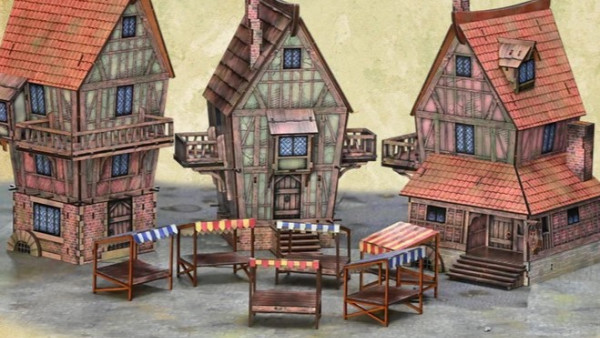Home › Forums › News, Rumours & General Discussion › BreTONEia
This topic contains 30 replies, has 10 voices, and was last updated by ![]() onlyonepinman 7 months, 1 week ago.
onlyonepinman 7 months, 1 week ago.
-
AuthorPosts
-
January 31, 2024 at 11:17 am #1860825
@redscope – BreTONNia isn’t just ‘France’, it’s the Hundred Year War (France & Britain) plus the Arthurian legend cycle, which is essentially a Christianized retelling of Celtic mythology.
Grail = cauldron of the Dagda, Leoncoeur = Lionheart, Repanse de Lyonesse = Jeanne d’Arc, Bertrand le Brigand = Robin Hood, etc.
January 31, 2024 at 12:29 pm #18608391. It’s not an English word with English rules. It was invented by people who probably said it before they ever wrote it down and just had their best guess at it.
2. You wouldn’t call a Frenchman named Gilles – G-i-lls, as in what a fish has. No you use the long vowel so it sounds like G-eye-lls. This is despite the fact that it has a double consonant after it.
3. They’re meant to be very noble. Bret-on-ya (as in ‘get on ya’ bike son) sounds like something Bazza says down the pub. Bre-Tone-ia sounds much more refined. Remember while it’s meant to be a French related word it was created by English people with an English ear for other English people with an English ear. If it sounds cockney then that’s probably not what they were going for.
January 31, 2024 at 12:39 pm #1860840@wolfie65 Go watch Monty Python and the Holy Grail. Then you will understand what I am talking about perhaps. Its just English humour and the way we like to mock things like accents including our own. Its not to be taken serious. We do it because it just funny to us not that it is the correct way to say.
The whole of Bretonnia a Parody of works yes we know 🙂 That is the point and why we say like that lol.
January 31, 2024 at 12:44 pm #1860842@elessar2590 Bretonnia is very much an English word made up by English speaking people using English rules and it also has a fairly clear derivation. If it was said prior to writing it down and when it was said the original pronunciation was Bre-tone-ia, they wouldn’t have put a double N. It’s a play on the English word Brittany (pronounced with the short “a” for anyone unfamiliar with that part of the world) which is itself an anglicised form of the French word “Brettagne” (Bret-an-yeh). Bretonnia is derived from an amalgamation of the two. From Brettagne/Brittany we then get an attempt to create a similar sounding word with a similar pronunciation, using English linguistic rules, and thus becomes Bretonnia, the double “n” forcing a short “o” sound. The correct pronunciation of this would be Bret-onn-ya or Bret-orn-ya depending on how much you choose to emphasise the “o”, which would likely be a dialectic choice, even in French (although it should be noted that the “r” is not rhotic like a west country accent).
The correct pronunciation of Gilles (French equivalent of the English Giles) is Jeel, with a soft J sound (which is a sound we don’t really have in English). It uses the short “i” sound but elongated into “ee” (as opposed to the long sound “eye”).
To me, as someone with a more than passing interest in languages, when people say “Bre-tone-ia”, far from sounding refined or posh, it just sounds uneducated, indicating a lack of understanding of English pronunciations and an ignorance of the French language (which given that it’s borderline compulsory in some form or other in most UK schools should not be the case).
February 1, 2024 at 12:08 am #1860915Onlyonepinman is correct.
And, as I’ve already hinted at, Bretonnia is very damn close to Britannia – in more ways than just spelling.
I’ve always found it a little curious that they never really developed Albion as a faction. Is it because they wanted to keep their real life homeland ‘inviolate’ while ‘Africa’ (which starts at Calais….) gets ravaged by hordes of Chaos,Orcs, Undead and whatnot ?
Is it because there’s already a bunch of Albion-esque components present in the Bretonnians, High Elves, Wood Elves, Dark Elves ?
The storyline that it’s shrouded in some sort of magical mist and that’s why no one can find it is a little thin, Ulthuan is shielded by fog, storms , magical vortices AND shifting isles and yet invaders have no trouble finding that…….
February 1, 2024 at 12:55 am #1860926To me as an Australian Be-ton-ya just sounds like the most gutter class cockney slang ol Bazza went down the pub and went to Bre-ton-ya to see the guv-na.
Also as an Australian we have to elongate those vowels to not sound like we’re from Mt Druid or *insert the worst place in your country here*.
For example the word Commando we would say Com-marnd-o because the alternative is Com-maaaan-do which is very Bogan. So to me the tone version sounds right but maybe to a you guys the other version does.
February 1, 2024 at 4:00 am #1860927Holy pedantic useless post! This is STILL going on?
BREE-tun-KNEE-uhhhh…
I feel like I’ve lost valuable time of my life stuck in this thread ?
February 1, 2024 at 10:54 am #1860978@elessar2590 there’s a difference between an elongated sound and a long sound. take the vowel “A”. it’s short sound is “a” as in hat, it’s long sound is “ay” as in “hay”. Both of those sounds, because they are vowels which are open mouthed sounds, can be elongated although to do so we would normally insert a letter after the vowel, usually an r or a y, to denote that (e.g. ham and harm).
But regardless of how the correct pronunciation sounds to anyone’s ear, the double consonant is a grammatical feature of English grammar and spelling used specifically to protect the short vowel sounds. A single consonant after a vowel allows the vowel to convert to its long sound, a double consonant prevents it. Sometimes called the rabbit or the kitten rule.
Rabbit vs Rabit – the latter would be pronounced raybit.
Kitten vs Kiten – the latter would be pronounced – (k)eye-ten.
So it is objectively true that there is a correct pronunciation (which even GW themselves seem blissfully unaware of) and if Bazza from the pub plays Warhammer and pronounces it Bre-tonn-ia then Bazza from the pub is correct and you should listen to him because he knows what he’s talking about. Whether his cockernee accent makes it sound acceptable might be a different discussion (I wouldn’t know, I haven’t met him), but his pronunciation is at least correct.
@grantinvanman that may be true, but something keeps making you come back… It’s like crack, it’s a bit moorish. My personal view is that people actually like these sorts of discussions. Whether it’s because it’s a way to let off a bit of steam in a mildly amusing argument that really has no real importance or something else, I don’t know. Personalmente sono qui perché io trovo le discussioni delle lingue molto interessanti. I just find the way words are formed and their etymology fascinating, how languages can be so similar and yet so different and the rules (or lack of) that lead us to those conclusions. You would be surprised how much you can learn about foreign languages by just understanding your own grammatical rules and constructs and vice versa. As for how someone personally says “Bretonnia” is entirely up to them, I don’t really care. Why they say it is far more interesting because there is absolutely a correct pronunciation based on the rules of English.
This is almost as much fun as how to pronounce Celtic. I have always pronounced it celtic but there a number of people out there who say celtic
February 1, 2024 at 11:24 am #1860979Interestingly, you can actually get Google Translate to tell you how to say it. I first learned this trick by getting Google to say English swear words in foreign accents (yes, it’s a thing). If you type Bretonnia into Google translate, it doesn’t matter what language you translate it into (if you use French it simply changes the ending to ie). Then, click the microphone button under the English word, it will read it for you. Google pronounces it “Bret-on-ia”.
but if you want something much more fun, set the language you wish to translate from to a foreign language if your choice then write an English swear word in the box and get Google to read it out for you.
February 1, 2024 at 3:04 pm #1861012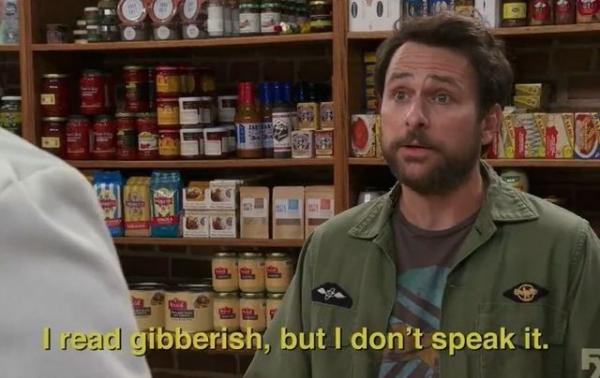 February 1, 2024 at 11:48 pm #1861064February 2, 2024 at 1:00 am #1861075
February 1, 2024 at 11:48 pm #1861064February 2, 2024 at 1:00 am #1861075@onlyonepinman – I tend to agree; a discussion about something we all do (speak in a language) based on rules we all learned (learnt?) is interesting when it throws up these little quirks – because rules in language (and, especially in English) are broken all the time.
Why they say it is far more interesting because there is absolutely a correct pronunciation based on the rules of English.
I’d suggest that the only absolutely correct pronunciation would come from the person who decided to call the mythical place “Bretonnia” (no matter how any of us pronounce it). The reason for this discussion is because the rules of English are so ambiguous and when you try to apply all the rules, all the time, you end up with “fish is spelt ghoti”.
I have to disagree with you that, based solely on the rules of English language, there is “absolutely a correct way” to say this stupid word. Based on the rules of English alone, there is no objectively correct way to say it!
Which is why the discussion is so fascinating – it’s not “right or wrong”, more just “how did you end up saying it like this, when this section of people say it like this?”I’m very much in the Bre-tone-knee-ya camp.
I read and speak French. If it was written Bretonnie and I was reading it in French, I would absolutely pronounce it bre-ton-nee.
My Italian son-in-law would also favour the “short-o” sound.
So the long-o vowel sound seems to be an ambiguity only in the English language, and not because it possibly derives from another language (otherwise we’d all likely go with bret-tonn-ia). I’ve had much fun getting Google to say rude words but I’m afraid I can’t let that algorithm be an arbiter or truth, when I hear some of the nonsense it blurts out when I use my phone as a sat-nav!I’m not actually interested in resolving this as puzzle with a solution, right or wrong.
I’m just intrigued how we’ve ended up with two different pronunciations of the same (written) word. I totally get the kitten/rabbit argument. But this isn’t a short two-syllable word, so rhythm and pace when saying it out loud also play a part (if it were simply bretton, I’d almost certainly read that as as two-syllable word, bret-on, with a short “e” sound). But Bretonnia is a four-syllable word (three if you go with bre-tonn-ya). So we can’t really apply a rule for two-syllable words to a four-syllable word, can we?As with everything, there’s always an exception to any rule, anyway. I was struggling to think of another example to “dissect” (die-sect where the long i- vowel sound is retained despite the double consonant following it). Then a load of short words, like bass (bay-ss) and gross (gro-sss) came to mind – so it’s actually pretty common to break the kitten/rabbit rule anyway.
Then there are words like class and glass which are said with both a long and a short vowel sound, depending on regional dialect. In the UK it’s considered “northern” dialect to say these words with a short-vowel sound. And “southern” (or a bit posh) to say it as “glarse” (yet in RP or Queens English, insisting on maintaining the “vowel plus double consonant rule” would make one sound vulgar and be deemed “incorrect”).
There’s no objectively “correct” answer – unless the person who invented the word wants to tell us.
But even then, the whole world might just ignore them anyway (like we did with the word for the acronym GIF).February 2, 2024 at 5:52 am #1861078February 2, 2024 at 11:58 am #1861110Well, I’m glad not everyone finds this topic boring.
@elessar2590 – Interesting how your take on the pronunciation of Bretonnia is the opposite of mine. I’m defnitely not (the equivalent of) a ‘Bogan’, and Bre-TONE-ia to me sounds like someone who didn’t look at the word properly. While I have your attention, I think the Bunnies should have just paid Reynolds whatever he was asking and sold Mitchell instead.
@grantinvanman – Alexa would do no such thing, in fact, it would do its’ best to ADD to the confusion – while recording everything you say and send the data to Google/Faceborg HQ……
I try my level best to avoid anything Google-related, have used a variety of search engines, the current one is called dogpile. NEVER get too comfortable with any one site in cyberspace. It is NOT a friendly environment…..
AI translation disservices are good for entertainment purposes and can yield some VERY funky results, frequently sounding like the ‘Germans’ in Hollywood movies and TV shows. Or the ‘French’ in older British films.
Speaking of German, this is one major language – spoken by well over 100 million people – that gets butchered very badly all the time, sometimes by ignorance, sometimes on purpose, see ‘Hollywood’, above.
To use a relevant example, Black Library novels spell the ‘friendly’ moon of the Warhammer world Mannslieb or Mannsleib, alternately and, as far as they know, interchangeably. Thing is that ‘lieb’ is a verb meaning ‘dear’ while ‘Leib’ is a noun meaning ‘body’. They are not interchangeable…..
I recently finished C.L. Werner’s Witch Hunter series and one of the main themes is the search for an ancient tome they call ‘Das Buch die Unholden’. German teachers the world over would recoil in horror, and not because of the contents of the book, but the title….
Whoever made that title up obviously owns a German dictionary, but doesn’t have any grammar. You could call it Das Buch der Unholde (the book of fiends), Das Buch von den Unholden (the book of the fiends) or maybe Das Buch über die Unholde (the book about the fiends), but the original title is just wrong.
February 2, 2024 at 12:04 pm #1861112Well, I’m not usually one for absolutism this is an English word, not French. It’s a modified form of Britannia based on the Frankified form of Bretagne. There absolutely IS a grammatical (or perhaps phonetic?) rule in English regarding double consonants. Where we add a suffix to a word (for example, “ed” or “ing”) English adds a double consonant to protect the vowel sound (stop-stopped-stopping). I have wracked my brain over this and I can’t find any exceptions. I am not saying that there aren’t any only that I can’t find any exceptions (because there usually are) but their frequency of occurrence is low enough to assume that the word Bretonnia follows the rule. Breton is the root word here denoting a people, “ia” is a suffix applied to the word to denote the country belonging to those people, thus BretonNia. There is also a word in English that has the exact same phonetic structure with only a couple of vowels switched out.
- Britannia
- Bretonnia
Those two words should follow the exact same phonetic structure. So I think there absolutely is a correct way to say the word but the convention currently defies that rule. There is a rule at play here which determines a correct pronunciation and that isn’t really something that is even debatable. What is interesting is how, when and why people break the rule or expect it to be broken.
To me this sounds like an Americanisation, where using the long vowel sound rather than the short vowel sound and generally elongating vowels much more common place. We actually describe some American accents (and also Australian) as having a “drawl”, which often makes the speech sound slower than it is by emphasising certain sounds (by extending the vowel) and de-emphasising others. However this applying an accent to a word rather than the correct pronunciation – much like the mythical Cockney Bazza from the pub hypothetical pronunciation of a word – and doesn’t actually denote the correct way to say a word, only the way a certain group of people pronounce a word. Dialects and accents tend to throw grammatical rules out of the window. There’s a place not far from me called Slaithwaite and I 100% guarantee that unless you come from around that area, in your head you just said it wrong saying because the word is a Yorkshire word and is pronounced as Slowwitt (as in ow). From an English perspective the official pronunciation is absolutely utterly nonsensical as there are zero rules that facilitate that conclusion. Assuming that it was always spelled that way, it was, at one time or other, probably pronounced that way. However in the dialect of the people it has a different pronunciation entirely and that has become the accepted convention (even the station announcements on trains use it)
So that’s what I think this is – it’s an Americanisation of the word, perhaps not deliberate but an Americanisation non the less. But the word wasn’t written by people who speak the American dialect and the people who originally invented the place (I dunno who that was, but East Midlands is really famed for a particular dialect) they also likely didn’t speak with a dialect would modify the pronunciation.
Something else that’s quite interesting here is the variety of opinions from their geographic locations.
@elessar2590 is (I think Australian) and to his ear “tone” is the correct sound – stands to reason given the Australian dialect.
@wolfie65 is, I think, from the USA based (if I am wrong I apologise) but thinks it should be “tonn” – this I find very interesting as it seems to run against typical American accents (and American is also the accent that most non native English speakers tend to pick up when they learn English). However, not wanting to make assumptions, there is quite an interesting thing about the American perception of British accents that we don’t always appreciate here in Britain. To an American ear, or someone with an ear for American accents, British accents, especially regional ones, actually end up sounding “exotic” in the way that American accents do to the British ear. So it stands to reason that potentially Wolfie might subconsciously WANT that word to fit with a preconceived notion of Britain and thus his mind imposes that expectation.
@blinky465 is from the South of England (I don’t wish to assume London) and also supports “tone” – I couldn’t say why but perhaps because he hasn’t ever heard it said any other way, especially seeing as current GW promotional material backs up this pronunciation. Familiarity is a huge part of what sounds “correct” and this may also apply to myself.
I live in the North of England where we tend towards the opposite of the American accent and words sound quite broad because we lean on and often emphasise the short O sound (ask a Yorkshireman to say the name of his home county). So not only do the rules of English spelling and phonetics suggest that the correct pronunciation would be “tonn”, I live in an area predisposed to using the short sound of the word anyway. And given that I started my interest in Bretonnia sometime around 1991, my pronunciation comes purely from the reading and I would say I never heard anyone else say the word until the late 2000’s when I returned to the hobby and bought a Bretonnian army.
So we have 4 people there, 2 from two from England itself and two from elsewhere but the view of pronunciation cannot be said to be split along any observable lines.
So while I would still maintain (and always will) that there is a correct way to say the word (the way it would be said using Received Pronunciation), I can absolutely understand why different conclusions are drawn and that in many cases that pronunciation is actually an accent rather than a mispronunciation. just try saying it in a different UK accents and see how it turns out! It sounds very different in a Scouse accent (which probably leans towards “tone”) to a Brummie accent (which leans towards “tonn” but elongates the o) to a Geordie accent (which probably uses the short “o” but with no elongation and likely drops the “t” in favour of a glottal stop), but the reading is the same.
-
AuthorPosts
You must be logged in to reply to this topic.































